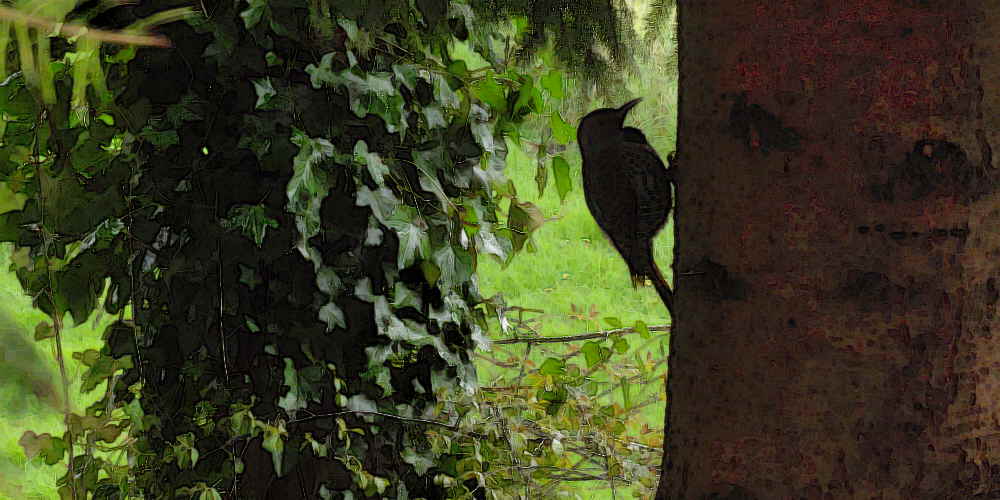This is another one of those navigation terms.

A cell is a box. A cell seems nice because it is a box of your own choosing that in turn defines you.
A cell keeps you thinking inside the box, where it's all warm and tidy and you have your food and nest and your water bottle and nothing ever changes except that eventually you find that you've gotten old and you can't hardly get around anymore and one day this giant hand comes in from the top and lifts you up and carries you through a vast space into another vast but somewhat smaller space where you are dropped into a gigantic white thing that has lots of water in it and then you get flushed and that's it for you, kid.
But if you have escaped somehow and made it out into the country far, far away, and want to sort of keep that box idea handy because it still makes you feel safe somehow, then you can turn it into a virtual box and use it for navigation.
This is good because the word virtual is really trendy now and can help you pretend that you're not all that old and/or stupid after all. (Or half as ugly as you really are.)
A cell is a virtual box in your mind, which is where a lot of people would prefer you to stay, given the choice. If you're an artsy type, then you can call this virtual box a conceptual box and feel extra smug, but it's all the same. Really. All of it.
This virtual box's walls are streams, ridge lines, roads, trails, fences, fields and so on. Real landscape features, but you decide which ones you're going to pay attention to.
Here's how it's done: First you make a box in your mind and then you walk inside it for real.
As long as you don't walk through one of your imaginary walls you know roughly where you are by relating the cell (your virtual box) to your map (your virtual landscape) to the world (the real landscape).
When you cross a cell boundary (by walking through a virtual wall) then it's time to define the next cell using the next set of identifiable features you see, and continue to maintain a sense of where you are.
Breaking the landscape down into smaller sets of features like this makes it easier to keep track of where you are and simultaneously makes it harder to get lost.
Until you see that giant hand descending toward you.
And then there isn't too much you can really do except to pee on it one last time.